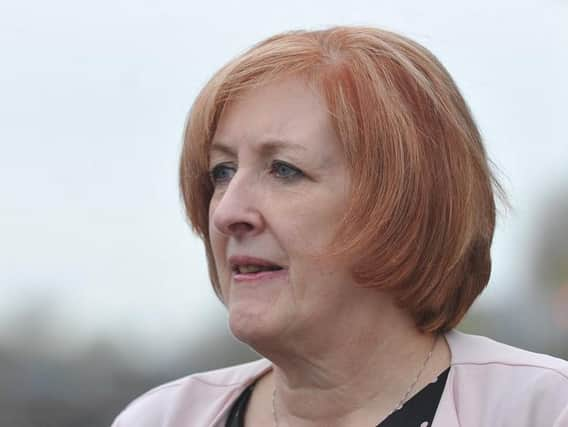YVONNE FOVARGUE - Advice on taking repayment holidays


It has been suggested by some that if you opt to take the three months break from payments you’ll be less able to borrow in the future because your credit rating will be adversely affected.
This is not true. Normally it would be, as asking to have any repayments deferred is taken as an indicator that you are in financial difficulty, information which the banks and credit reference agencies are duty bound to act upon. But these are not normal times.
Advertisement
Hide AdAdvertisement
Hide AdThe coronavirus has impacted the incomes of millions of people, and the Government has recognised that a three-month grace period is a lifeline that people should not be discouraged from using.
But that being said, there are protocols and rules and they must be followed if you want to avoid ramifications further down the line.
Principally, if you do want to take advantage of a break from repayments then you must agree this formally with the lender.
You must not simply stop making the monthly payments. If you do – and this is probably where the confusion has arisen – then the banks will see you as a defaulter and, yes, your credit rating could suffer.
Advertisement
Hide AdAdvertisement
Hide AdBut there are other things to think about too. Mortgage repayment holidays have been granted to more than a million borrowers, so they’ve been popular, but that doesn’t mean they’re necessarily right for everybody.
Do remember that for the three month period capital and interest payments are only suspended, not written-off, so at a future date they will be recovered by the banks.
Usually, this means higher monthly repayments for the remainder of the mortgage term.
This is not to say that the repayment holiday is not useful - the banking industry group UK Finance says the average mortgage holder is saving £775 – but don’t see it as free money. Rather it is a stop-gap, a short period of relief until times get back to normal.
Advertisement
Hide AdAdvertisement
Hide AdThe mortgage holiday is just one of a number of relief measures for households affected by the coronavirus outbreak announced by the Government or by the financial services regulator, the FCA.
All have their uses, but before you opt for any do make sure you understand the ‘small print’, as it were.
Under new FCA rules, those with personal loans (including guarantor loans and logbook loans), credit cards, store card or catalogue credit, can also ask for a freeze on repayments for three months.
As with mortgage repayments, this won’t affect your credit file for the period of the payment freeze, providing you formally apply.
Advertisement
Hide AdAdvertisement
Hide AdHowever, interest will continue to build up during this period, meaning you pay higher costs in the longer term.
The best advice with all borrowing is that if you can afford to keep up repayments, either in full or a smaller sum, then you probably should, since that will put you in a better position when the ‘holiday’ ends.
These breaks offer a welcome short-term reprieve for many people who are suddenly facing the immediate financial shock of coronavirus.
But the debt will still be there waiting for borrowers at the end of these three months, and nobody should forget that.
So if you opt for a repayment holiday and are still facing financial difficulties at the end of the period, do not put off, approach an advice agency, such as Citizens Advice or StepChange.